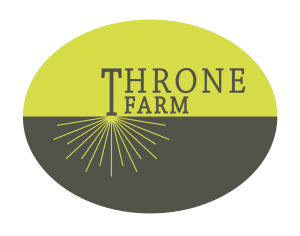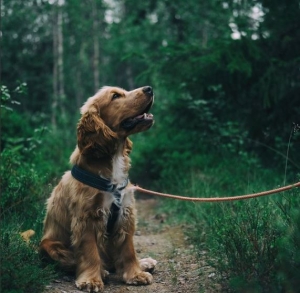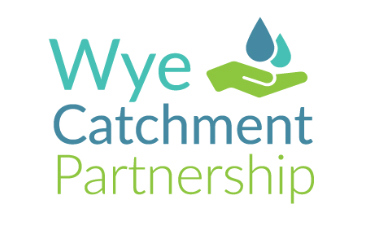We welcome responsible dog owners on Throne Farm and enjoy seeing people on the land with their furry companions. However, have you considered some negative impacts of dogs not being under appropriate control?
-
Disturbance of ground nesting birds and mammals
Six years ago, we were lucky to have 27 nesting lapwings in one of the lower fields. The following year, once they returned to the field from migration, we were disappointed to see a dog chasing them within their nesting field. This reduced the number of pairs that stayed in the area and bred that year.
-
Worrying livestock and transmission of parasites such as Neosporosis and Sarcocystosis
Parasite transmission from dog faeces is a problem in agriculture. Neosporosis can cause abortions in cattle and Sarcocystosis can cause neurological disease and death in sheep. Worrying of livestock increases their stress levels and harms their wellbeing.
-
Fear in other people who are not confident with dogs
Some members of the public are not confident with dogs, and would benefit from dogs being under control to enable them to also enjoy nature and public rights of way.
-
Crop damage and contamination
Dogs can damage crops by running through fields away from designated footpaths. Contamination can also occur in cider orchards where apples are harvested from the floor once ripe. Crops can be rejected if traces of feaces are found in the samples destined for human consumption.
-
Transmission of Toxocariasis through faeces to humans
Dog faeces can transmit Toxocariasis to humans, which is an infection of round worm. Young children are most susceptible due to their weaker immune system and increased likelihood of exposure to ingesting eggs. It is estimated that the dog population of the UK produces 900 tonnes of faeces every day and a puppy can pass as many as 15,000 eggs per gram of faeces. This is a major source of environmental contamination which can be avoided by keeping your companion within eyesight along with “bag it and bin it” behaviour.
-
Intensive nutrient deposit along footpaths
New studies have revealed that excessive build-up of nutrients along footpaths and nature reserves are negatively impacting plant biodiversity.
Responsible “bag it and bin it” behaviour and keeping your companion within eyesight and under control can help with these issues and would be greatly appreciated.
Tips for looking after your dog during and after a walk include:
- Ensuring you are legal and your dog is microchipped and has a collar tag
- Carrying water in hot weather
- Treats for recall
- Bags to prevent disease transmission from faeces
- Checking for ticks which can transmit Lyme’s disease to your dog
Happy enjoyable and responsible walking 😊






